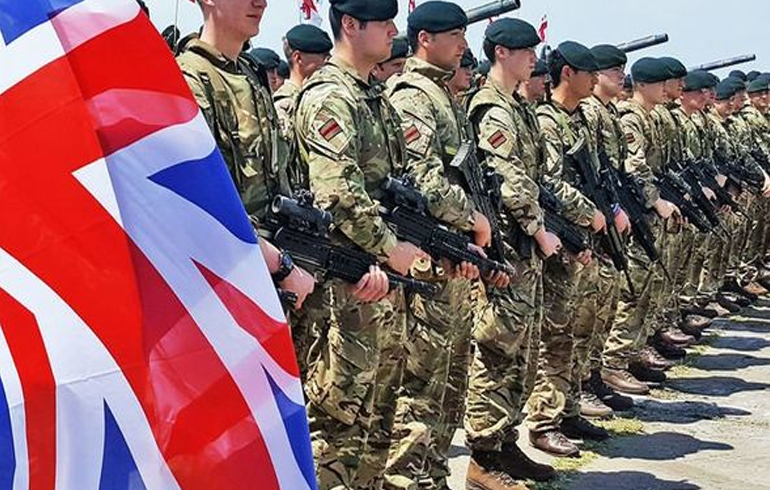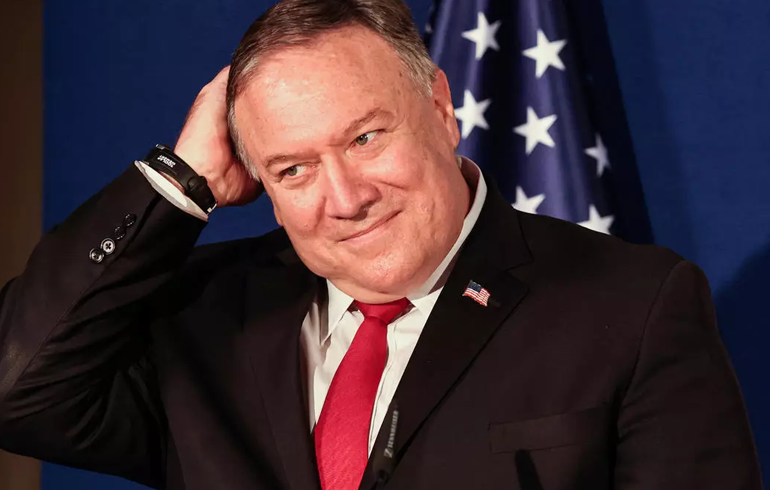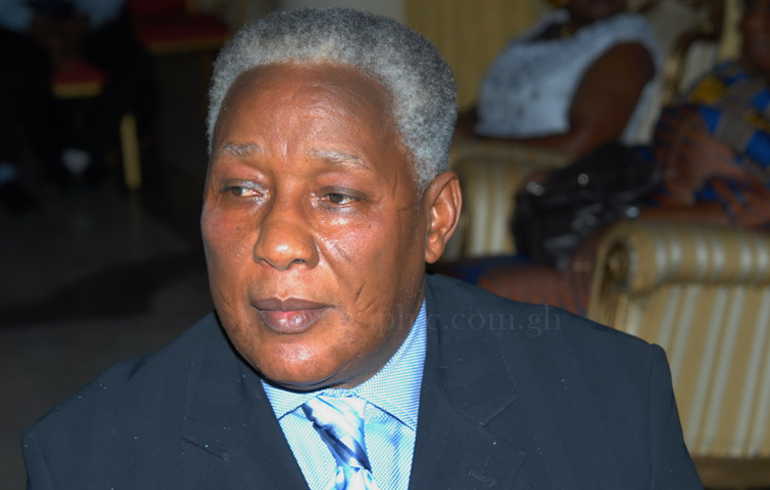The UK military is to receive an extra £4bn a year over the next four years, the government has said.
The money will fund space and cyber defence projects such as an artificial intelligence agency, and could create 40,000 new jobs.
Defence Secretary Ben Wallace said “letting go” of older weapons would create “headroom to invest”.
The Ministry of Defence’s annual budget is around £40bn, so the £16.5bn over four years is about a 10% increase.
Mr Wallace told BBC Breakfast: “When I looked across at the armed forces today I saw them with equipment that was out-of-date, I saw our adversaries across the world having better equipment, the ability to attack us and harm us getting wider and wider from our capabilities.
“And when that happens, time runs out and you need to modernise your forces. You need to sometimes let go of some older capabilities and that takes money in order to first of all create the headroom to invest.”
‘Move with threat’
The defence secretary also told BBC Radio 4’s Today programme there would potentially be an increase in soldiers working in “electronic warfare, signals intelligence, long-range fires”.
“We have to move with the threat,” he said, adding “if we don’t learn from the threat we will end up fighting yesterday’s battles”.
The extra spending is on top of the Conservative Party’s 2019 manifesto commitment to increase the budget.
The government has pledged to increase defence spending by 0.5% above inflation, which is currently 0.7%, for every year of the current Parliament.
So based on forecasts of inflation, the government said it expects the Ministry of Defence (MoD) to get a total overall increase of about £24.1bn over four years, compared with last year’s budget.
Prime Minister Boris Johnson said on Wednesday evening that he was making the announcement “in the teeth” of the coronavirus pandemic because “the defence of the realm must come first”.
“The international situation is more perilous and more intensely competitive than at any time since the Cold War,” he added.
The PM said in order for Britain to “be true to our history and stand alongside our allies” it must make improvements “across the board”.
The announcement is part of the first conclusions of the government’s Integrated Review (IR) which looks at security, defence, development and foreign policy.
BBC diplomatic correspondent James Landale said the funding deal “will be seen by some as putting the cart before the horse”.
He said the upcoming IR was meant to decide where the UK wanted to be in the world by the year 2030 – before committing spending to get there.
“Number 10 insists they know where they are going, that 90% of the IR is already fixed, and the defence announcement is merely the first iteration. And yet I am told by insiders that this review was always about the money and that has now been decided,” our correspondent added.
This is a big win for Defence Secretary Ben Wallace, who’s been fighting hard for a significant increase in defence spending and a long-term financial settlement to end what he calls a cycle of overambitious, under-funded defence reviews of the past.
The Treasury had been arguing for a much smaller annual increase. But Mr Wallace found an ally in the PM, who says his first priority is defence of the realm.
Boris Johnson also believes it’ll boost Britain’s place in the world and create jobs.
The extra money will be used to modernise the armed forces with more spent on robots, autonomous systems and meeting new threats in the domains of space and cyber.
Despite the palpable relief inside the MoD it still has to fill a £13bn black hole in its equipment budget. Difficult decisions about cutting old equipment to fund the new are still to be made.
The MoD, which doesn’t have a strong track record of balancing its books, now has to prove it can spend wisely.
And good news for defence might also mean bad news for other government departments – there’s already speculation the international aid budget could be cut.
The prime minister will set out further details in a virtual speech to the House of Commons on Thursday.
He will do so from 10 Downing Street, where he continues to self-isolate after coming into contact with an MP who later tested positive for Covid-19.
As part of the speech, Mr Johnson will announce:
A new agency dedicated to artificial intelligence
The creation of a national cyber force to protect people from online harm
A new “space command”, which will be capable of launching a first rocket in 2022
The projects are expected to create up to 10,000 jobs annually across the UK, for the next four years, the government said.
Conservative MP and defence select committee chairman Tobias Ellwood said: “This is a lot of money but ultimately there are still huge financial pressures facing our armed forces.”
But he said the “key takeaway” for him was the “message this sends to the British people, to the MoD as well, that we want to be back as a strong power capability”.
“That message is being heard loud and clear in the White House where the new occupant has made it very, very clear indeed, that he wants to reset Western resolve,” Mr Ellwood said.
Labour’s shadow defence secretary John Healey said the extra money would give “a welcome and long-overdue upgrade to Britain’s defences after a decade of decline”.
He also called for highly trained troops to be “at the heart” of the review, above high-tech weapons systems.
“Ministers must not repeat the mistakes of the last two Conservative defence reviews,” he said.
Source: BBC




















































